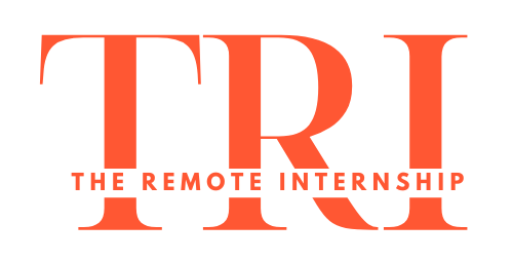It is best to be honest when answering, as recruiters are trained to identify when a candidate is lying or is not clear about the answer.

Thinking about what to answer when you are asked in a selection process how you see yourself in the short, medium and long term can be even stormy, because perhaps your intention is not to last or stay a long time in that company – in case of being hired – but in any case, you understand that if you answer like this you may be discarded.
Cristina Herrera, manager of Talenti, a personnel selection firm, says that although this is a difficult question, you have to answer honestly, just as one expects to be in those moments, since what the company is looking for when asking is to see how much it can meet the expectations of its potential collaborator.
Comprehensive answers should be given that show what the person seeks to achieve at work, academic, family and personal levels.
Where do candidates fail?
“In giving answers in which self-criticism is not the best or that are unrealistic. If I am a recent graduate, I cannot pretend to be an area manager in two years and if I am an experienced professional, I cannot expect to be in an equal position in five years,” Herrera adds.
It’s a mistake to invent things for fear of not getting the job. Herrera adds that you must be honest with yourself, because it is very important to find a position that allows the person to achieve their goals and expectations.
The recruiter usually asks this question because he seeks to evaluate how much the company will meet the candidate’s expectation, then, it is detailed if the person meets the profile, but also if the company fits the candidate, his style and his desires and interests.
According to Herrera, the answer does not necessarily depend on the type of contract being offered. Although, if you are in a selection process where you know that the contract is for the provision of services, it is not logical that in the interview you say that you are looking for an indefinite contract. Consistency is important.
“Today the world of work is very dynamic, the way of hiring and working have changed a lot as well as what employees are looking for. The important thing is to match the expectations of the employer with the employee to avoid frustrations and waste of time, “concludes Herrera.
Do yourself good: answer honestly and how you really look in the short, medium and long term. Be logical and understand that every job is a step in the career you dream of. Set goals and actions to achieve them. That clarity will undoubtedly help you in a selection process. If you lie, not only can the company be affected, but you will be trapped in words that do not define you.


